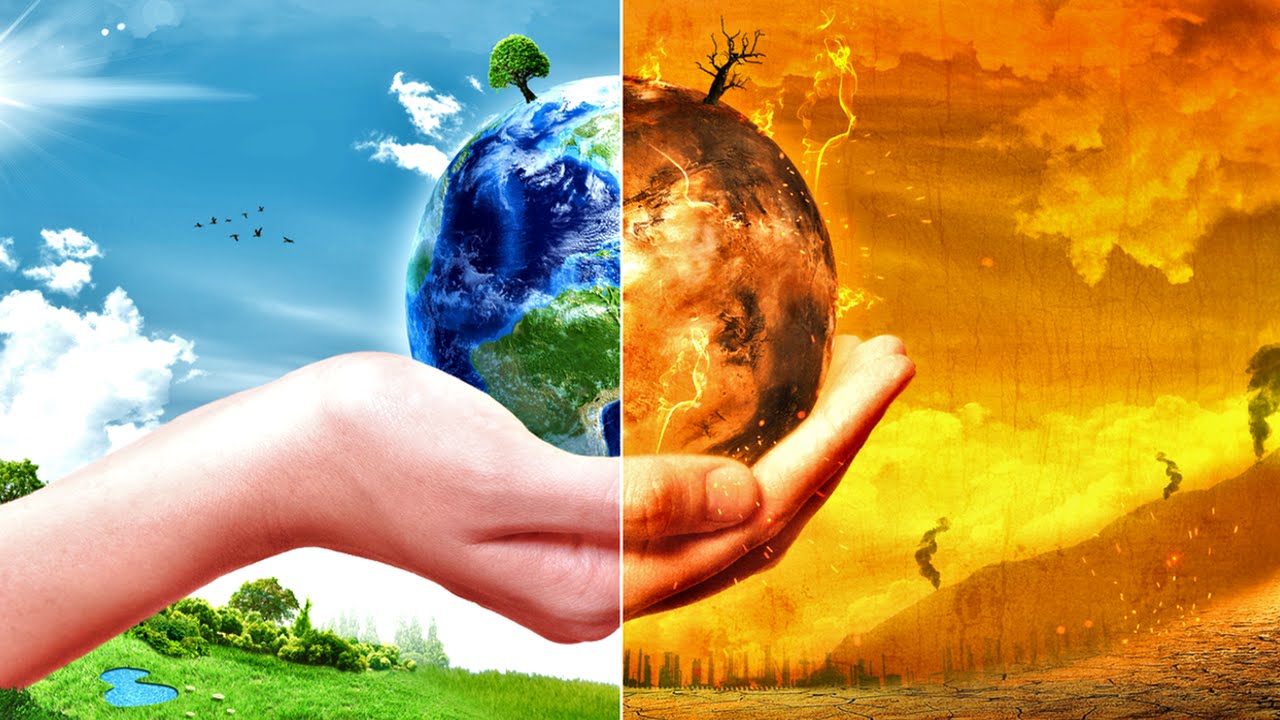Climate change warms Arctic
March 7, 2018 | Expert Insights

The Arctic region has experienced the warmest winter ever recorded. Scientists have claimed that this unprecedented event was due to global warming.
Background
Climate change is a change in the statistical distribution of weather patterns when that change lasts for an extended period of time. Global warming is the observed century-scale rise in the average temperature of the Earth's climate system and its related effects. Multiple studies published in peer-reviewed scientific journals show that 97 percent or more of actively publishing climate scientists agree that climate-warming trends over the past century are extremely likely due to human activities. In addition, most of the leading scientific organizations worldwide have issued public statements endorsing this position. Climate change poses a fundamental threat to the places, species and people’s livelihoods. Sea levels are rising and oceans are becoming warmer. Longer, more intense droughts threaten crops, wildlife and freshwater supplies. From polar bears in the Arctic to marine turtles off the coast of Africa, our planet’s diversity of life is at risk from the changing climate.
The Paris Agreement is an agreement within the United Nations Framework Convention on Climate Change (UNFCCC) dealing with greenhouse gas emissions mitigation, adaptation and finance starting in the year 2020. As of October 2017, 195 UNFCCC members have signed the agreement, and 169 have become party to it. The Agreement aims to respond to the global climate change threat by keeping a global temperature rise this century well below 2 degrees Celsius above pre-industrial levels and to pursue efforts to limit the temperature increase even further to 1.5 degrees Celsius. The US is the only nation that has withdrawn from the Paris accord.
The Arctic region
It is a polar region located at the northernmost part of Earth. It consists of the Arctic Ocean, adjacent seas, and parts of Alaska (United States), Northern Canada (Canada), Finland, Greenland (Kingdom of Denmark), Iceland, Norway, Russia and Sweden.

Analysis
Scientists have been continually warning about the threat posed by global warming. On November 2017, more than 16,000 scientists from across the world have published a warning to humanity about the dire consequences of climate change and how it remains a threat. The letter has been authored by environmental scientist William Ripple and his colleagues and has been published in the journal BioScience. Since the letter was published, hundreds more scientists have signed their names to its content. "This is not about some natural phenomenon that is removed from humans," said Ripple, a distinguished professor of ecology at Oregon State University. "If we don't have a healthy biosphere, as it is called, if we continue to have major environmental problems and climate change problems, then this goes directly to the welfare of humans. People need to understand that we are trying to save ourselves from catastrophic huge misery."
Reports have now emerged that the Arctic region had experienced the warmest winter ever recorded. New data from US weather department has revealed that sea ice have hit record lows for the time of year. “It’s just crazy, crazy stuff,” said Mark Serreze, director of the National Snow and Ice Data Center in Boulder, Colorado, who has been studying the Arctic since 1982. “These heat waves – I’ve never seen anything like this.”
Ruth Mottram, a climate scientist at the Danish Meteorological Institute said, “The extended warmth really has staggered all of us.” According to scientists, the tip of Greenland experienced over 60 hours above freezing weather in February. This has only happened twice and even those periods were extremely brief. In addition, Arctic sea ice covered only 5.4m square miles in the month of February. This is around about 62,000 square miles lesser than last year’s record low.
Data center senior scientist Walt Meier has admitted bluntly, “Climate change is the overriding thing.”
Assessment
Our assessment is that now more than ever, international community must commit itself to the Paris Agreement to ensure global temperatures do not rise exponentially. Climate change is an existential threat to mankind. If it isn’t addressed, then it could result in massive loss of biodiversity and loss of life.








Comments